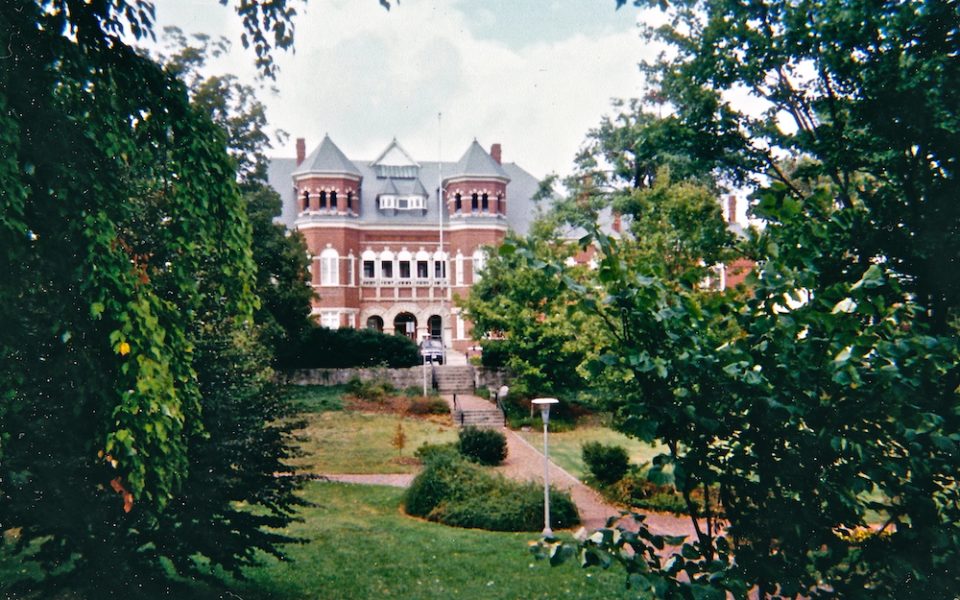The US News & World Report’s college ranking came out
last week, and by all measures North Carolina schools — and those in the Triad
— did pretty well.
UNCG was ranked the 7th best in the state,
missing the Top 200 in the National Universities category by one ranking point.
Salem College was ranked No. 131. Guilford College placed at 168 in National
Liberal Arts Colleges. High Point University was ranked the No. 1 Regional College
South, while Greensboro College came in at No. 19 and Bennett College at No.
34. Wake Forest University, always a darling of the US News coverage, was second in the state — behind Duke, of course
— and No. 27 in National Universities.
There were more than 46,000 college students living and
studying in the Triad last year; this year there should be even more.
And yet the Greensboro and Winston-Salem metro areas rank
fairly low — 97th and 113th, respectively — on
WalletHub’s list of Most Educated US Cities.
But if you don’t believe WalletHub, take a look at the
Census.
Guilford County’s college education rate — the percentage of
people over 25 with at least a four-year bachelor’s degree — stands at 37.4
percent, a few points above Guilford County’s measure of 34.9 percent.
Winston-Salem, home of Wake Forest University, holds a 34.1 percent college
education rate, while Forsyth County itself holds at 33.8 percent. High Point’s
number is 30.1 percent.
By contrast, Charlotte’s rate is 42.9 percent. Raleigh’s is
an even 50 percent. Durham stands at 48.8 percent. Even little Asheville has a
48.2 college education rate.
It’s no secret that the Triad cities suffer from “brain
drain” — that is, our college graduates pack up their things upon matriculation
and head for bigger cities, better opportunities rather than stay in our
communities and help build them up.
And while a college education is not the only measure of
success, intelligence and taste, it remains a pretty good one.
This metric is important because it affects our labor pool,
our capacity to raise capital and our ability to attract businesses. It even
influences our grocery store choices. Whole Foods will open stores only in
Census tracts that top the 50 percent education-rate threshold. Trader Joe’s
considers those numbers too.
It doesn’t take much to keep recent college grads happy:
affordable housing, engaging culture, electric scooters.
But what they’re really looking for is a place with
prospects. And that’s where we are dropping the ball.
Join the First Amendment Society, a membership that goes directly to funding TCB‘s newsroom.
We believe that reporting can save the world.
The TCB First Amendment Society recognizes the vital role of a free, unfettered press with a bundling of local experiences designed to build community, and unique engagements with our newsroom that will help you understand, and shape, local journalism’s critical role in uplifting the people in our cities.
All revenue goes directly into the newsroom as reporters’ salaries and freelance commissions.


Leave a Reply